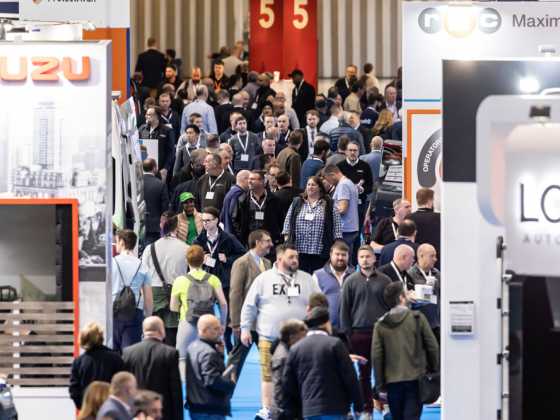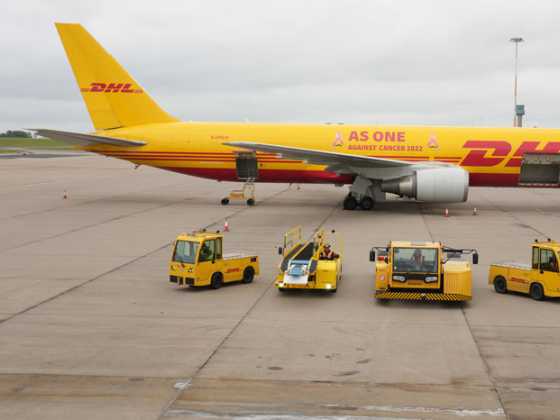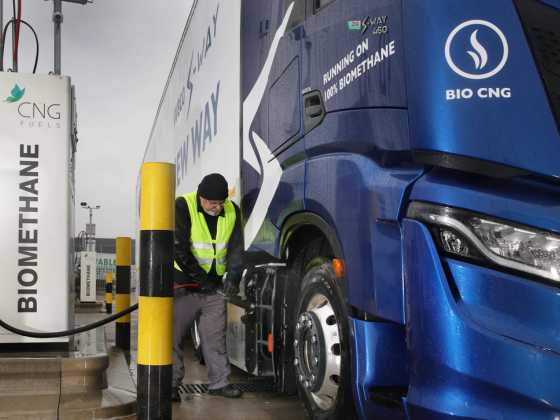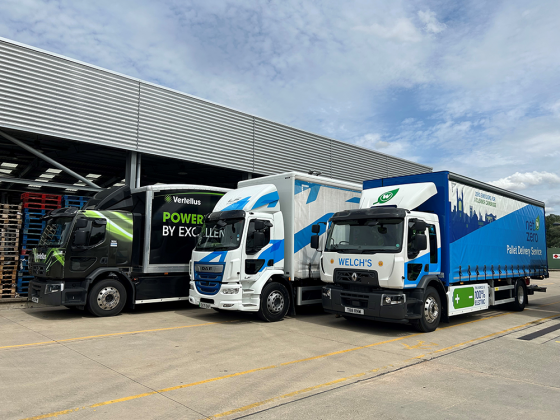Diesel, petrol, hybrid, or other?
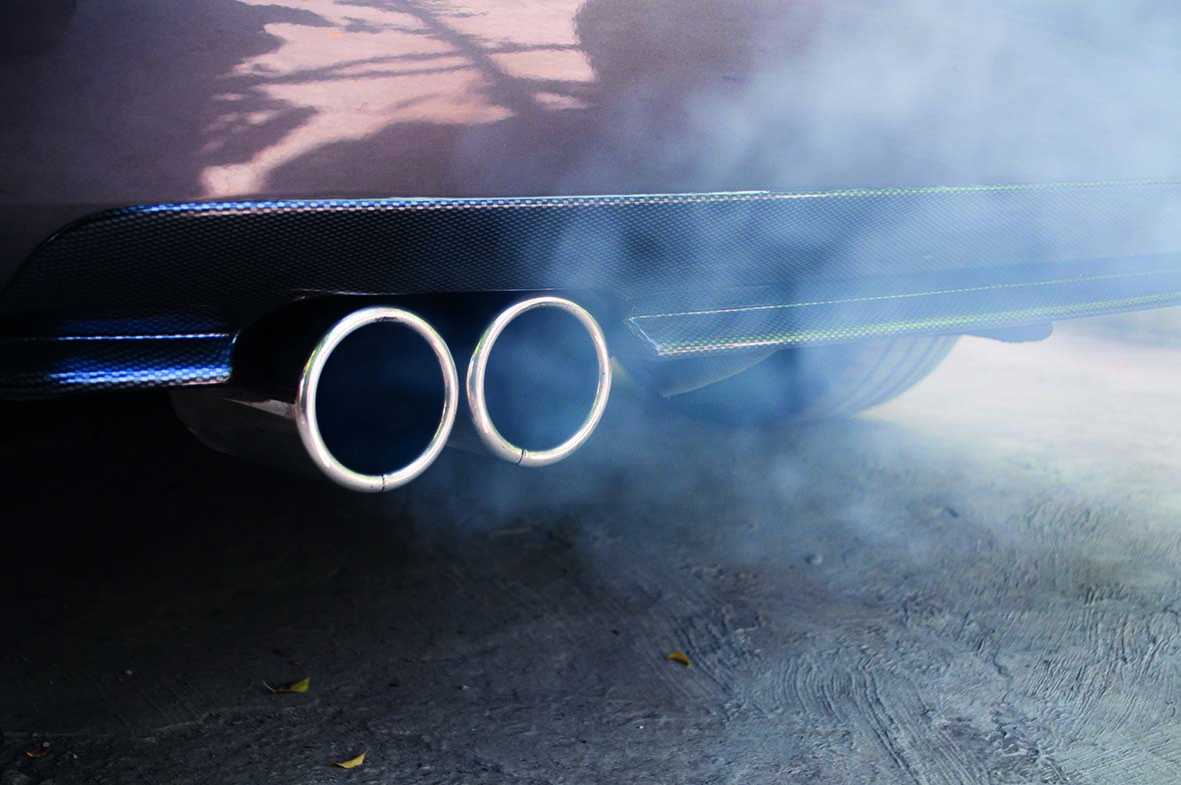
The sharp decline in diesel car sales in January looks set to continue, with fleets unsure about the future of the fuel. GreenFleet looks into the buying habits of fleets, which show that hybrids and electric vehicles are on the horizon for many
Diesel vehicle sales have continued on their downward trajectory, with the SMMT recording a 25.6 per cent drop in January. Business and fleet buyers were down -29.7 per cent and -1.8 per cent respectively. The conclusion to come to is that confusion over government policy and negative media coverage is continuing to cause buyers to hesitate.
Market research into the buying habits of fleets suggest that the exodus away from diesel is set to continue. Sewells Research & Insight’s twice-yearly Market Barometer found that 71 per cent of fleets currently operate diesel cars, but only 59 per cent expect their replacement cars to be fuelled by diesel. Petrol cars will take up most of the slack in the short-term, before sales of hybrid and electric cars really take off.
But this won’t take very long, as the Market Barometer suggests that as many as 30 per cent of fleets expect to run hybrid cars within the next 12 months, and a further seven per cent will buy pure electric vehicles. This represents a dramatic increase from the 12 per cent of fleets that currently have at least one hybrid car, and the three per cent of fleets which have a battery-powered car.
Fleets employing over 250 people are leading the drive away from diesel, with 47 per cent expecting to replace some of their cars with hybrids this year, and 16 per cent preparing to run electric cars.
Essential vehicle users, such as utility companies, transport firms, and construction businesses are at the forefront of the move to cleaner emission vehicles, according to Sewells.
Phasing out diesel
These findings are backed up by research from the RAC Business, which found that almost half (47 per cent) of businesses of any size are thinking about moving away from diesel. Larger businesses with between 250 and 499 staff are leading the way, at 62 per cent, while smaller companies may need more time, at 33 per cent.
The research also shows that 35 per cent of small businesses with between two and 50 employees are still more likely to choose diesel engines over any other type.
There was also strong widespread concern about the practicality of replacing diesel vehicles with alternatively fuelled ones. Thirty-nine per cent of all companies surveyed said the vehicles they need are only made with diesel engines. However, among businesses with 50 to 999 employees this percentage rose to 48 per cent.
Four in 10 (40 per cent) large firms (500-999 employees) said they are not confident in the range capability of most EVs currently available in contrast to the all‑business figure of 30 per cent.
More than a third of businesses claim they don’t have the funds available to buy brand new vehicles but this rises dramatically to 58 per cent among sole traders.
Is it justified?
The concern expressed by some businesses about diesel engines may be misplaced, according to RAC Fuel Watch spokesman Simon Williams, who says the many new diesel vehicles perform significantly better in terms of nitrogen dioxide emissions than their predecessors and even some older petrol vehicles.
He said: “During 2017 there was a lot of debate about emissions from diesel vehicles being harmful to health and the possibility of charges being introduced for certain vehicles in some cities to combat the issue. This has undoubtedly affected attitudes among consumers and fleets and left them uncertain as to what type of vehicle to choose next.
“However, what isn’t that well understood is that the newest diesel vehicles coming onto the market now are among the cleanest ever produced and also emit far less carbon dioxide than their petrol equivalents.
“Diesel engines have always been the go-to vehicle for businesses due to their superior fuel economy, their longer engine life and their ability to move heavier loads making them more cost-effective and practical.
“If businesses are now making a switch to other types of vehicles based on anti-diesel sentiment, which may not have been entirely accurate when it comes to the latest vans and cars, they risk losing out on that cost benefit.”
SMMT chief executive believes that misinformation on the latest clean diesel engines could actually work against reducing pollution. He said,“The ongoing and substantial decline in new diesel car registrations is concerning, particularly since the evidence indicates consumers and businesses are not switching into alternative technologies, but keeping their older cars running.
“Given fleet renewal is the fastest way to improve air quality and reduce CO2, we need government policy to encourage take up of the latest advanced low emission diesels as, for many drivers, they remain the right choice economically and environmentally.”
Electric barriers
Many businesses still remain sceptical about the capability of electric vans, with 25 per cent of small firms with under 10 staff saying they can’t carry the loads required, the RAC research revealed.
While the benefits of switching to EVs and hybrids are clear in terms of reduction in fuel costs and avoiding fees such as the congestion charge in London, 45 per cent of small businesses say the biggest barrier for them in making the switch is being able to afford the new EVs in terms of upfront costs.
This is likely to be because most advanced commercial EVs have not yet entered the used van network, putting them out of reach for many small firms that rely on the used and approved markets for their vehicles.
Finally, 22 per cent of businesses of all sizes agreed that a significant barrier to switching from diesel to EVs or hybrids, is the lack of infrastructure to keep electric vehicles charged across the country.
The RAC’s Simon Williams adds: “The archetypal diesel van has been the workhorse of UK industry for decades and nothing beats it in terms of MPG and load capacity, enabling thousands of small businesses to ‘get the job done’ every day.
“Our research also tells us almost three quarters of small businesses own their vehicles outright, and only refresh their fleet every two to three years, so it’s going to be some time before the latest EVs are available through used dealer networks.”
Simon does believe, however, that it is time to remove the most polluting vehicles from our roads and that the government needs to do more to support fleets in the transition. He says: “We feel one of the best ways for the government to encourage the take-up of ultra-low emission vehicles is by offering more support for plug-in hybrids, as these vehicles would then start to feed into the second-hand market and we would see a lot more of these vehicles on the roads.
“Every year technology and capability improves in electric vehicles and they will form a much larger part of the commercial vehicle fleet in years to come. But we would certainly echo concerns around the charging infrastructure and it should be a top priority for the government if they are serious about increasing the number of EVs on the roads and being used by businesses.”

